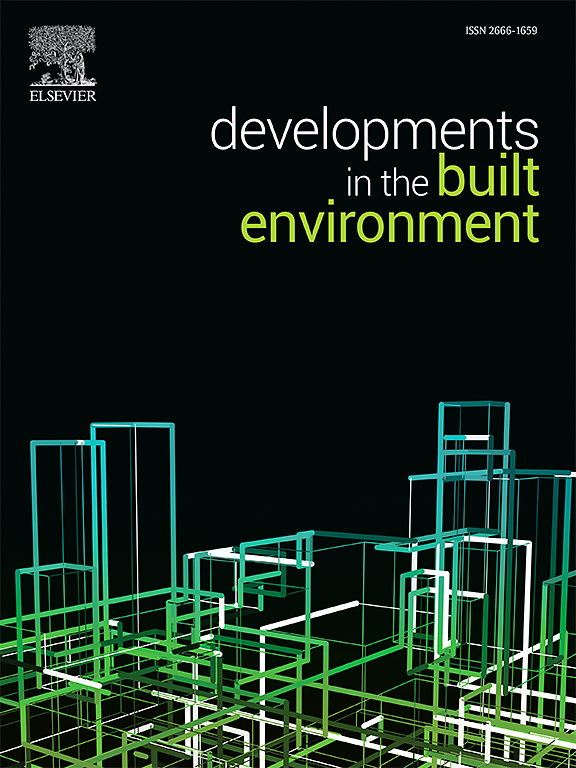A pilot study exploring the impact of daylight gradient on occupant in underground space
IF 8.2
2区 工程技术
Q1 CONSTRUCTION & BUILDING TECHNOLOGY
引用次数: 0
Abstract
The absence of daylight in underground spaces significantly affects the well-being. The negative impacts of fully static artificial lighting in deep underground spaces have been confirmed. However, the effects of the mixed lighting environment (natural light and artificial lighting) in shallow underground spaces remain unclear, specifically the impact of transitioning from 100 % static artificial lighting to 100 % natural light on individuals. In this study, a quasi-experimental approach using differences-in-differences method, was employed to assess the impact of varying daylight gradients on occupants' emotional states, cognitive evaluation, and task performance. Eight actual spaces across four underground sites were selected with varying proportions of daylight respectively (87 %, 12 %, 7 %, 0 %). It was found that, as the proportion of daylight decreases, task performance, emotional states, and cognitive evaluation are affected negatively. Comparing with task performance and emotional states, cognitive evaluation is affected in the condition of lower proportion of daylight.
探索日光梯度对地下空间居住者影响的试点研究
地下空间缺乏日光会严重影响幸福感。深地下空间全静态人工照明的负面影响已经得到证实。然而,混合照明环境(自然光和人工照明)对浅层地下空间的影响尚不清楚,特别是从100%静态人工照明过渡到100%自然光对个体的影响。本研究采用一种准实验方法,采用差异中的差异方法,评估不同日光梯度对居住者情绪状态、认知评估和任务绩效的影响。四个地下场地的八个实际空间分别选择了不同比例的日光(87%,12%,7%,0%)。研究发现,随着日照时间的减少,工作表现、情绪状态和认知评价都会受到负面影响。与任务表现和情绪状态相比,低日照比例条件下认知评价受到影响。
本文章由计算机程序翻译,如有差异,请以英文原文为准。
求助全文
约1分钟内获得全文
求助全文
来源期刊

Developments in the Built Environment
Multiple-
CiteScore
7.40
自引率
1.20%
发文量
31
审稿时长
22 days
期刊介绍:
Developments in the Built Environment (DIBE) is a recently established peer-reviewed gold open access journal, ensuring that all accepted articles are permanently and freely accessible. Focused on civil engineering and the built environment, DIBE publishes original papers and short communications. Encompassing topics such as construction materials and building sustainability, the journal adopts a holistic approach with the aim of benefiting the community.
 求助内容:
求助内容: 应助结果提醒方式:
应助结果提醒方式:


